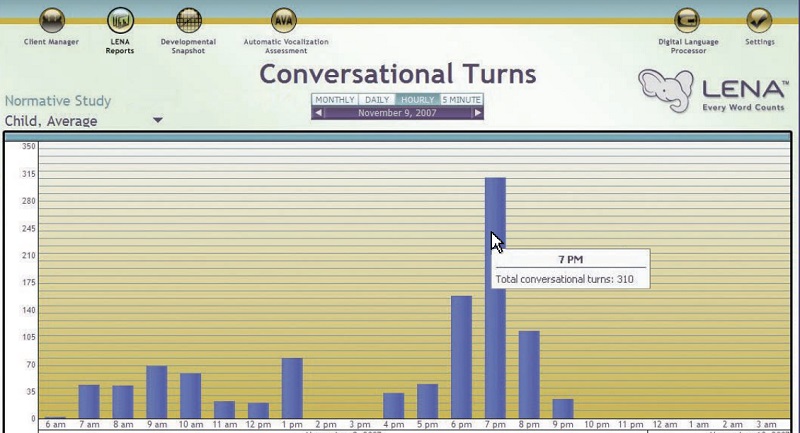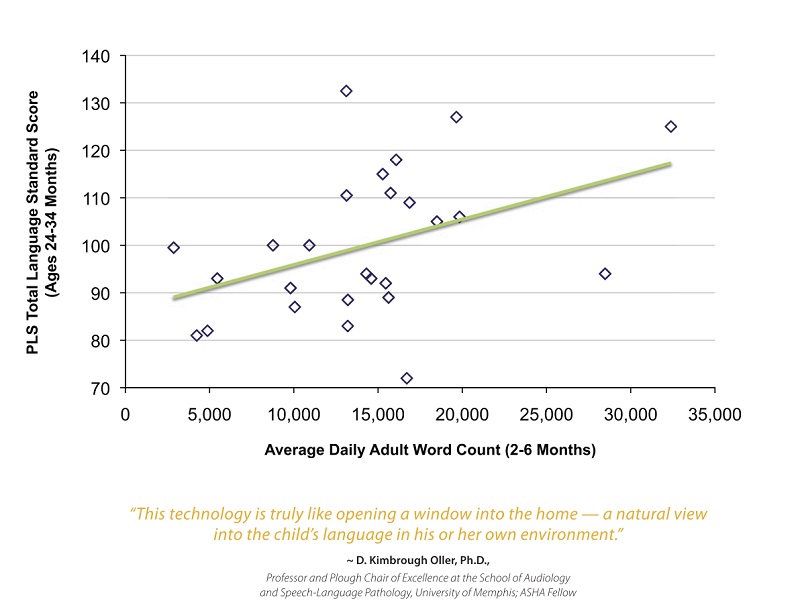About Us - Aim
The Cochlear Implant Rehabilitation, Communication and Language Enhancement Laboratory (CIRCLE) at the Department of Rehabilitation Sciences of Cyprus University of Technology is directed by Dr. Paris Binos, Lecturer SLP. CIRCLE Laboratory, housed in the Cyprus University of Technology’s Dept. of Rehabilitation Sciences, was established in 2023 by its principal investigator, Dr. Paris Binos.
Welcome to CIRCLE Laboratory!
At CIRCLE, our name reflects our core belief in the intertwined nature of spoken language input and its eventual outcome. We’re passionate about fostering cognitive development—often referred to as ‚brain building’—particularly in children with hearing loss. We believe, and our research supports, that with the right intervention, these children can listen, speak, and read on par with their peers of typical development.
Our methodology is grounded in understanding the brain’s remarkable adaptability or ‚plasticity‘. A cornerstone of our mission is the “Open Brain on Time” initiative, emphasizing the critical importance of timely auditory input. As cited by Wolfe & Rogers-Scholl (2008, DOI: 0.1097/01.HJ.0000324324.83886.5b), the early phases of neural stimulation are vital and can be likened to a neuro-developmental emergency.
Our subsequent focus is on Cochlear Implantation—a transformative procedure that provides children with an auditory gateway, catalyzing their journey through language milestones.
Central to CIRCLE’s mission is our exploration of the nuanced interplay between qualitative and quantitative aspects of spoken language input and the resulting language outcomes in children wearing cochlear implants.
But our vision doesn’t end there. We aim higher—to foster literary excellence and ensure academic success. To us, literacy isn’t just about recognizing sounds and words. It’s about empowering children to master advanced reading and writing skills—pivotal tools for thriving in academia and beyond.
Join us on this exciting journey of discovery and transformation!
CIRCLE’s aim is twofold:
1) to explore any prognostic factors in the pediatric cochlear implant (CI) outcome and
2) to examine the relationship between spoken language input and spoken language outcomes for children with cochlear implants. Studies involving children with normal hearing imply that the volume of language directed towards children could also be influential. Nonetheless, various mediating elements might complexify the correlation between language exposure and language development outcomes in children using cochlear implants.


We need to understand the role language input plays in supporting the acquisition of spoken language in children with cochlear implants since language input is vital for development. It’s impossible to learn a language without being exposed to it, but the precise amount of exposure required or considered ideal is still subject of ongoing debate.
However, only a few studies have examined the association between language input and language development in children who use cochlear implants or are hard of hearing. One could anticipate that the impact of language exposure would be even more significant for children susceptible to poor language outcomes than for those with normal hearing, as suggested by Nittrouer et al. (2019).
However, for various reasons, the correlation between the amount of language input and language development might be more intricate for deaf or hard-of-hearing children, particularly those with severe to profound hearing loss who rely on cochlear implants.
CIRCLE is also interested in research exploring the development of spoken language perception and production abilities by children with cochlear implants. Lab members will include an interdisciplinary group (speech-language pathologists, surgeons, hearing aid specialists, cognitive hearing science researchers, audiologists, graduate students, post-docs, technicians etc.), with the goal of bringing together a range of expertise to tackle scientific and clinical problems that impact children with hearing loss. Activities the lab will have all supported by Cyprus University of Technology.
